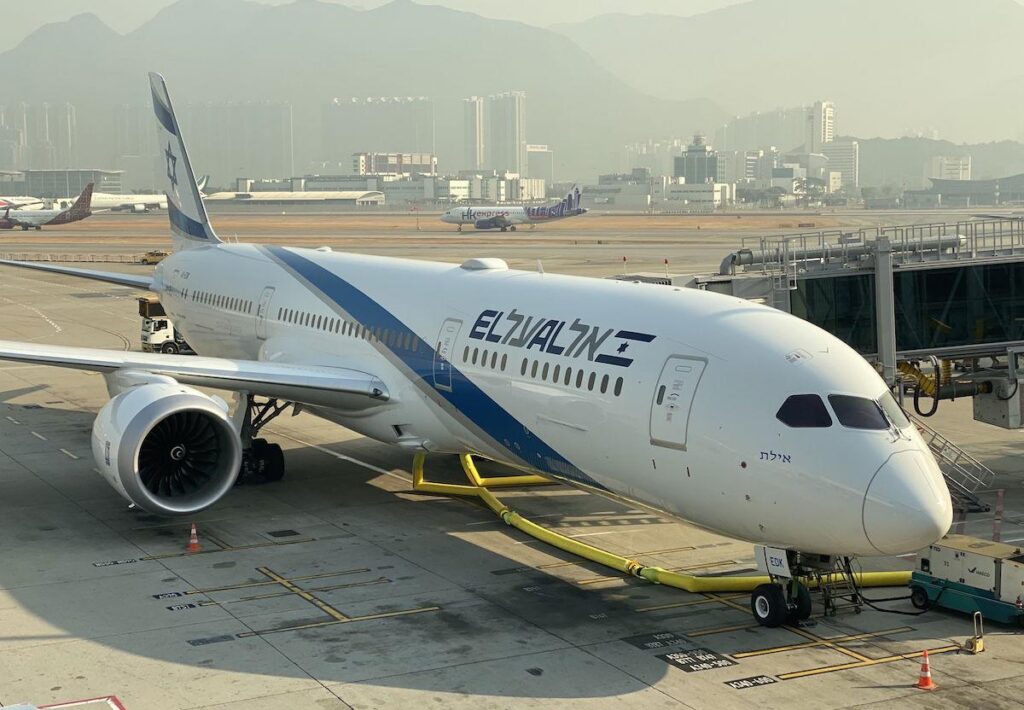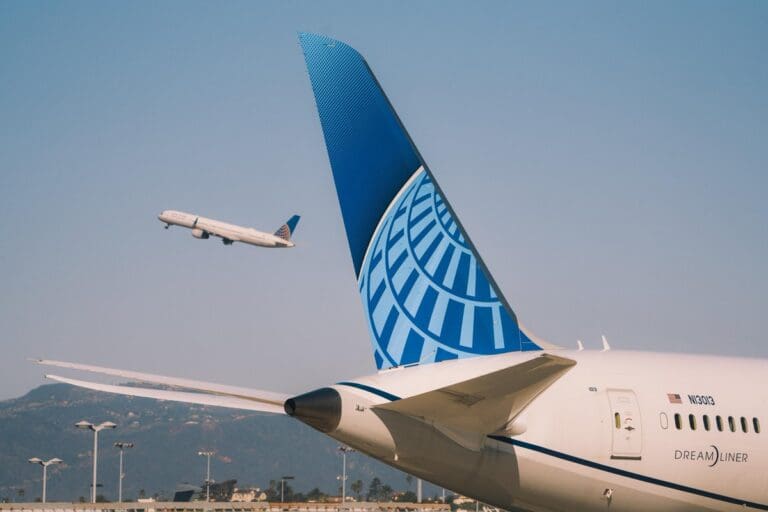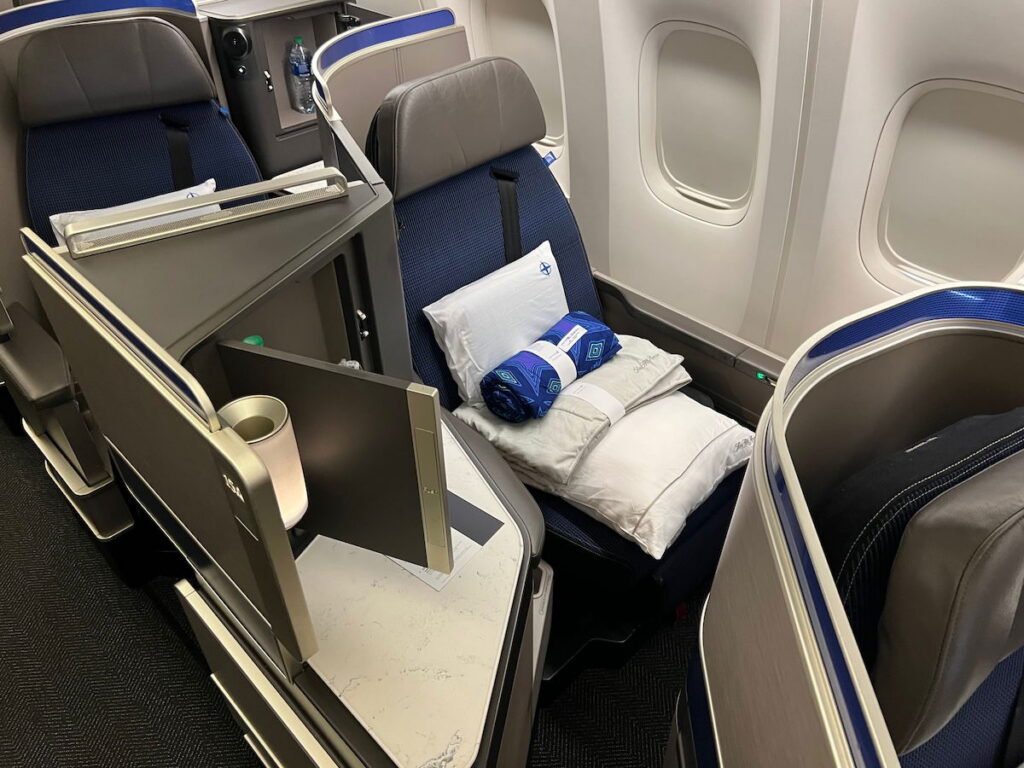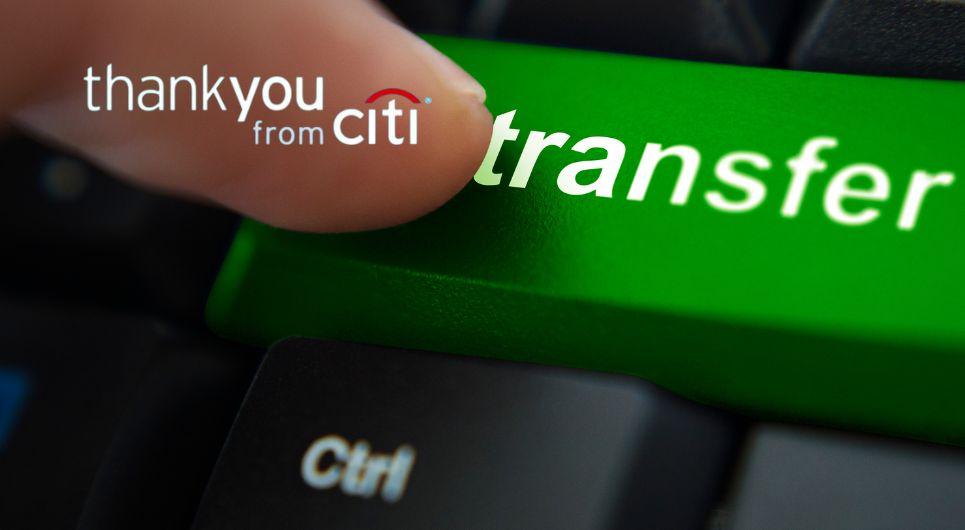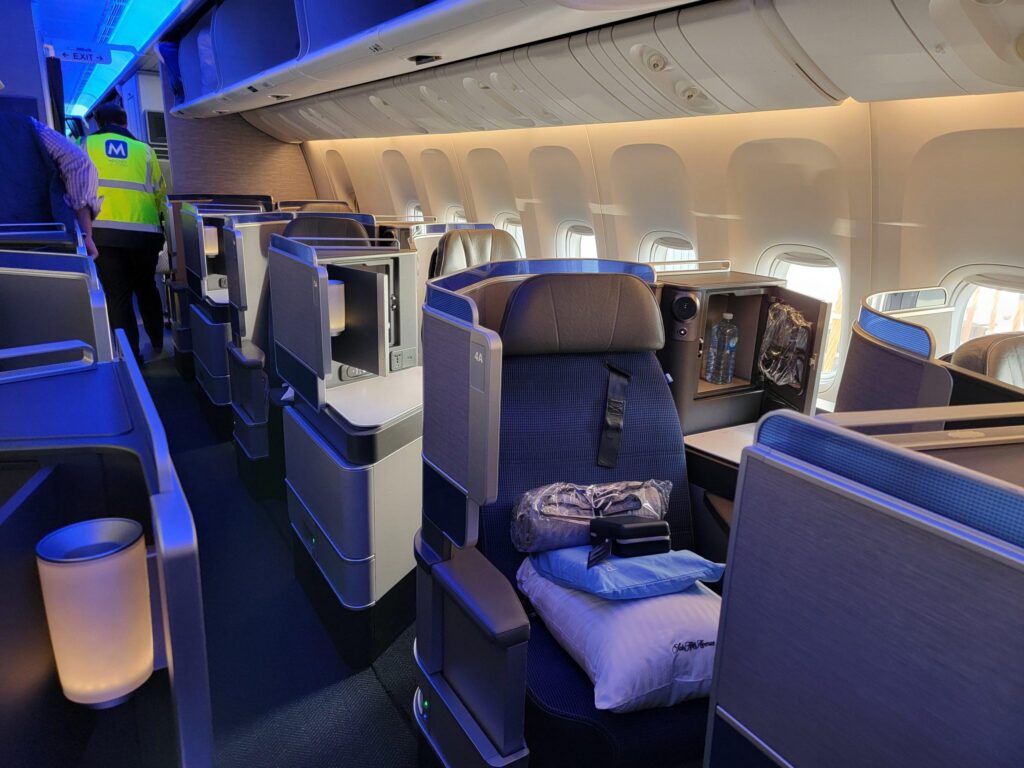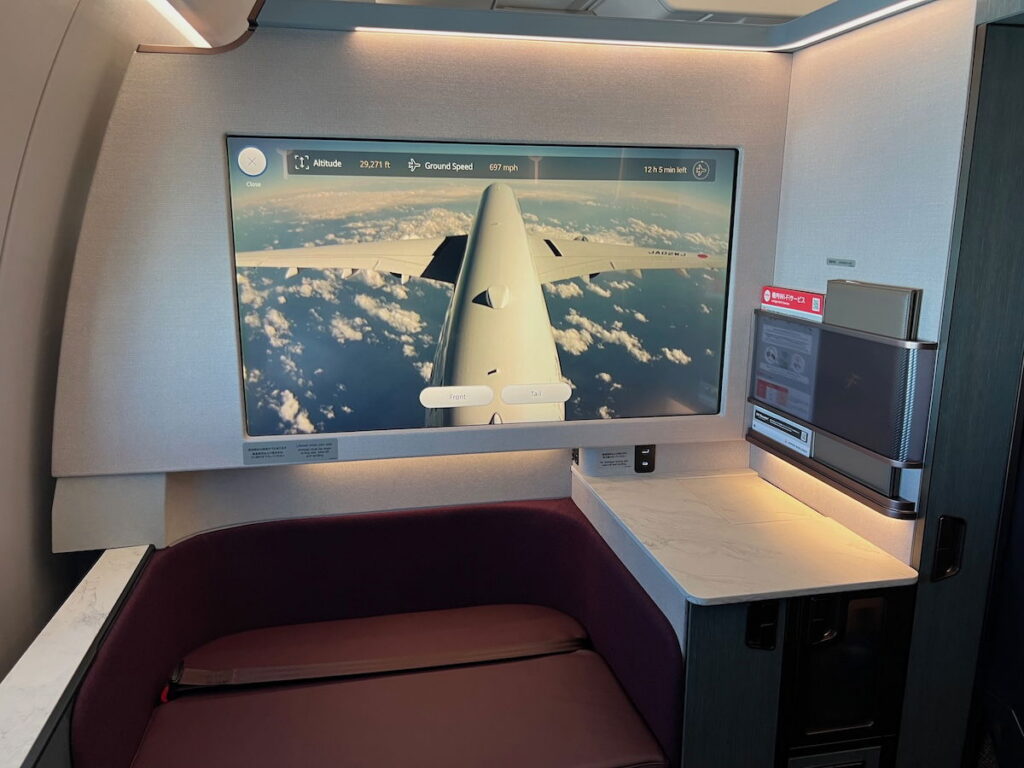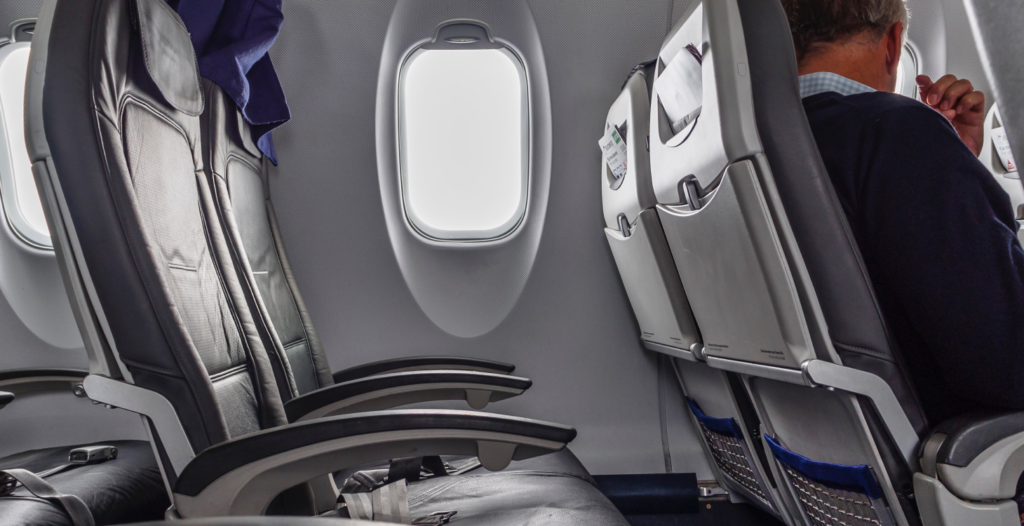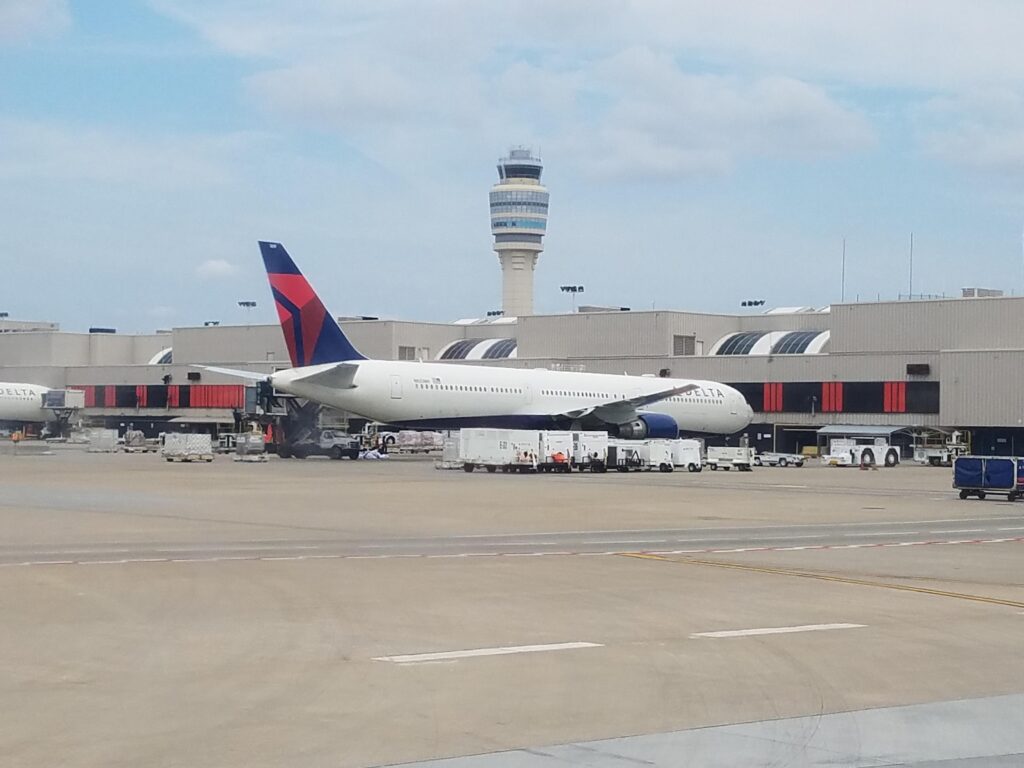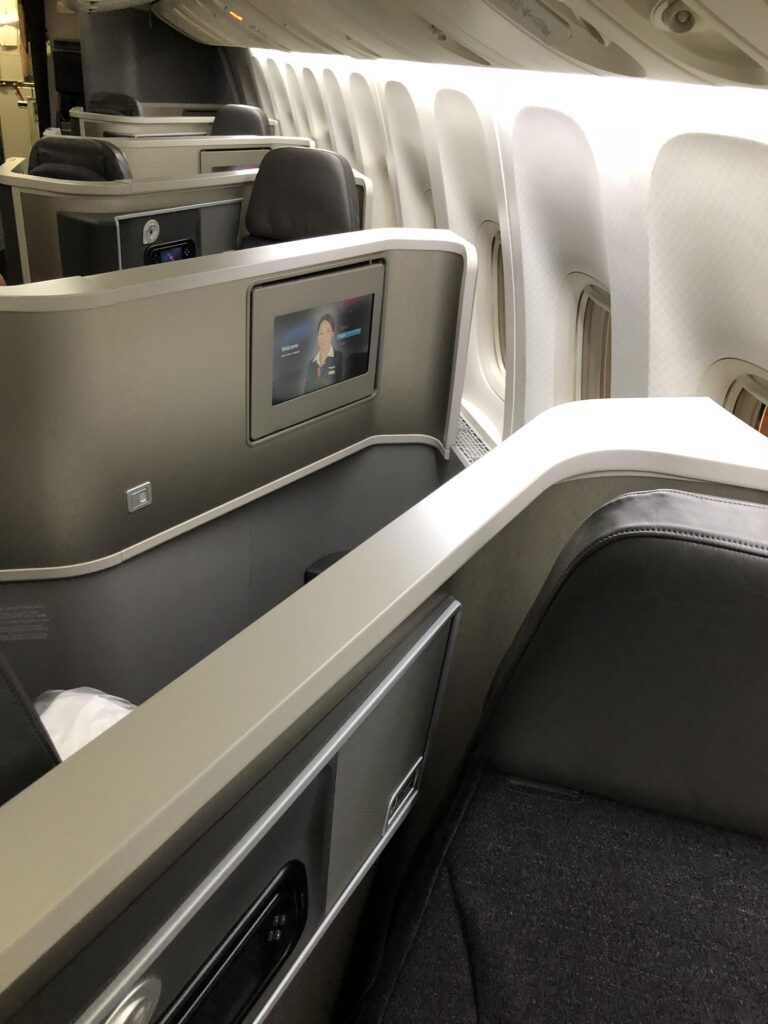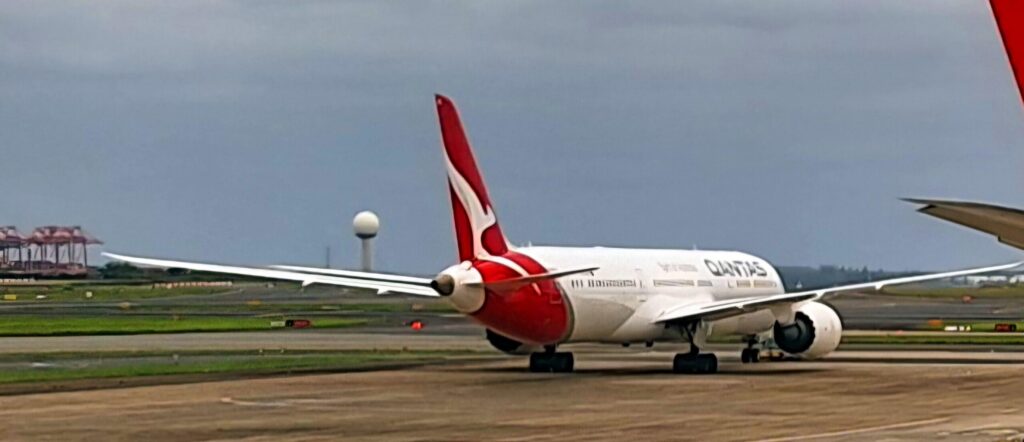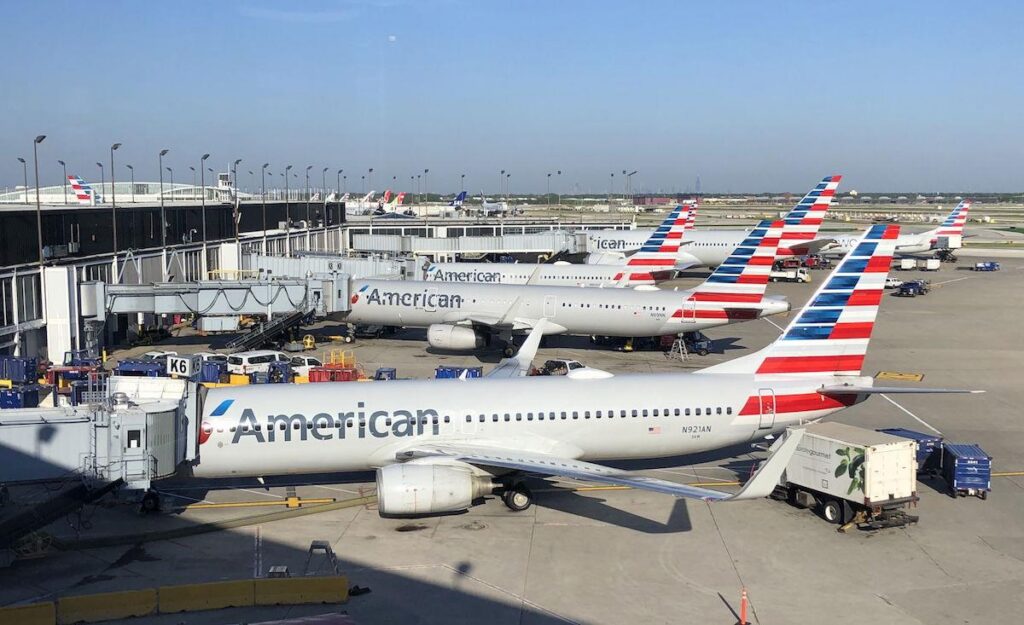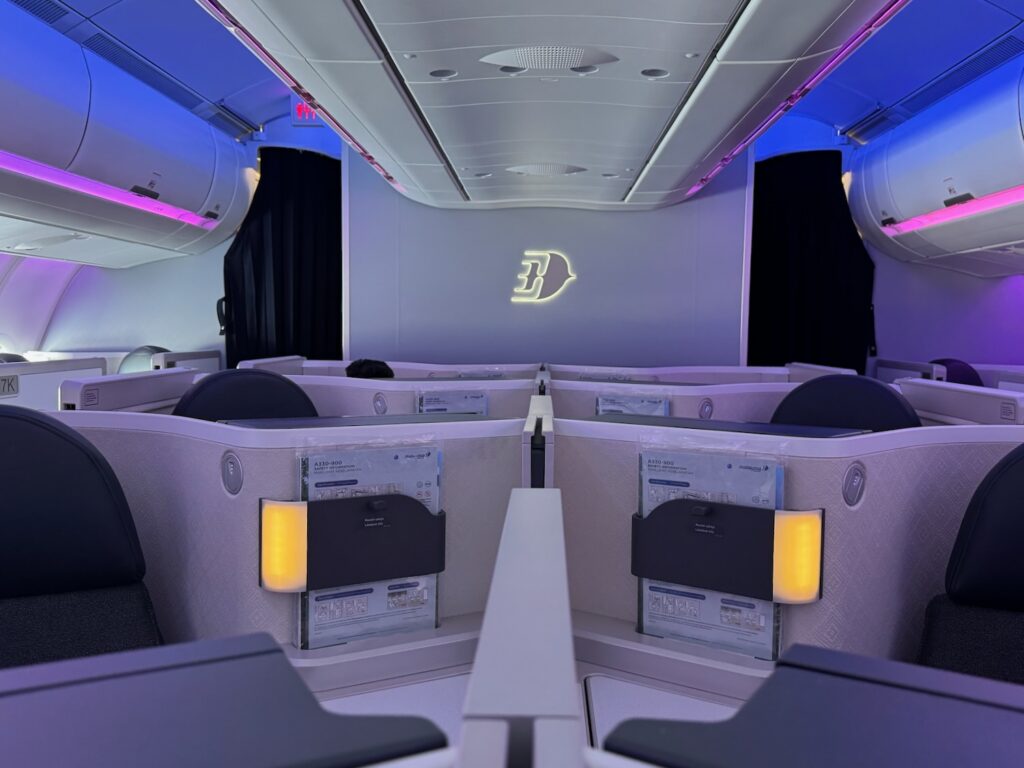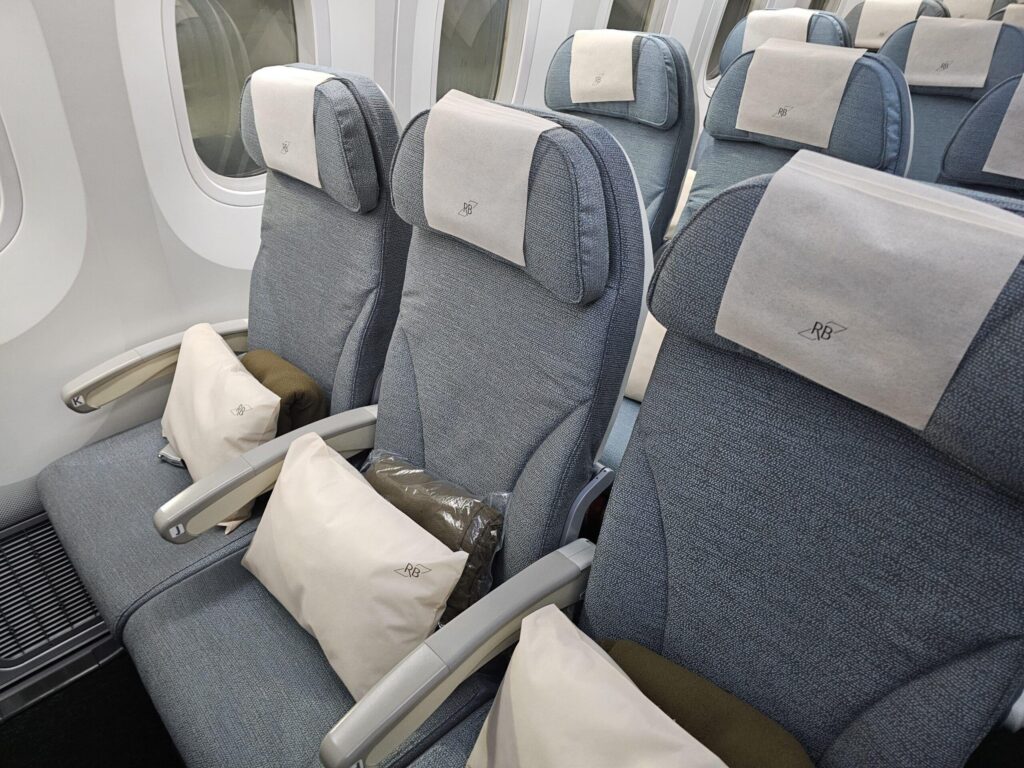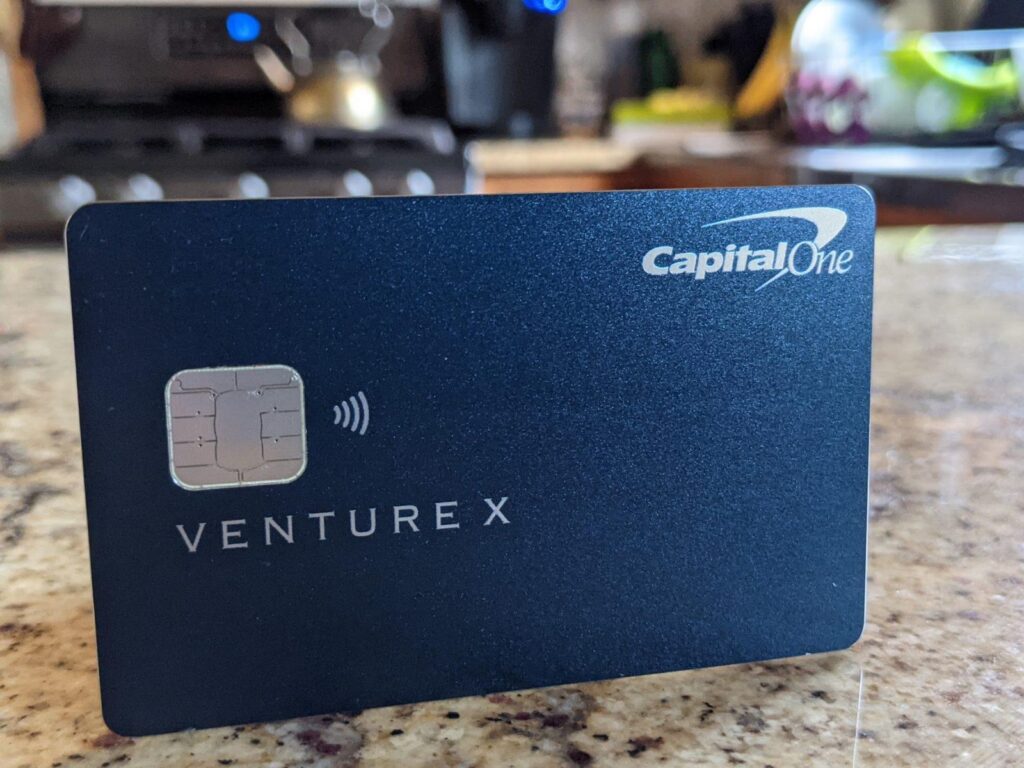
How Frequent Flyers Slash Hotel Costs with HotelSlash
I’ve noticed how hotel rates can change so fast, almost like they have a mind of their own. In my experience reading thousands of travel stories, I’ve learned that locking in a great price can be more about timing than luck. That’s where HotelSlash comes in, a membership-based service that consistently seems to outsmart those shifting hotel rates.
HotelSlash was created by the same team behind AutoSlash, the acclaimed car rental savings platform launched in 2010. By harnessing that same price-tracking technology, they’ve adapted it for hotel deals to benefit travelers like us. Now that the service is out of closed beta, anyone can sign up for a free trial—no credit card necessary. A 100% satisfaction guarantee is also on the table, which tells me this team wants to build long-term trust with its members.
Over the years, I’ve witnessed plenty of attempts at “dynamic re-pricing” tools, but HotelSlash seems to raise the bar. According to a 2024 industry survey by Phocuswright, nearly 72% of travelers say they’d be more likely to book a refundable rate if there’s an easy way to monitor potential price drops. From my perspective, HotelSlash addresses that need head-on.
The AutoSlash Connection

I remember the first time I came across AutoSlash, which saved me a nice chunk of change on a car rental during a cross-state road trip I was reading about. Back then, I appreciated how it automatically scanned for better prices, taking the stress out of second-guessing if I should book now or later. HotelSlash has a similar approach: you lock in your booking, and the system keeps an eye on the rates regularly, letting you know if it finds anything cheaper.
The continuity between AutoSlash and HotelSlash is evident in how they leverage real-time data. I’ve read countless reviews praising the frequency with which they scan possibilities. It’s not a one-time price check—the system is constantly re-verifying hotel rates, including potential upgrades, so you can capture those elusive drops as soon as they happen. Industry data from the American Hotel & Lodging Association in 2025 indicates that average daily rates have increased by nearly 8% year-over-year, making tools like HotelSlash more relevant than ever.
In my own exploration, I’ve seen scattered booking engines that claim to watch rates, but few integrate seamlessly with an existing platform like AutoSlash. This connection means that if you’re already an AutoSlash fan, you’ll find the user interface and the re-check process refreshingly familiar. Plus, having a unified membership that can handle both car rentals and hotels simplifies the planning stage for frequent flyers.
How HotelSlash Works

When I first looked into HotelSlash, I was intrigued by its membership approach. After a free trial, it costs an annual fee of $29.95 to stay on board. In my opinion, this fee pays for itself if you tend to book more than a few nights per year. You can either search directly through the HotelSlash portal or forward your refundable reservation via email. Then, if the system detects a better deal, you’ll get an alert prompting you to cancel and rebook at the cheaper rate.
What really caught my attention is the emphasis on refundable bookings. Plenty of us want the flexibility to switch up our plans if a sudden itinerary shift happens. In my reading, I’ve seen how that last-minute tweak often saves people a surprising amount of money, especially if a room goes on sale during off-peak times. According to a recent study by STR, nearly 65% of travelers prefer refundable hotel bookings to non-refundable ones, underscoring how important this feature is to a large share of the traveling public.
Another aspect I appreciate is the way HotelSlash’s algorithms continually re-check prices. This isn’t a single snapshot in time but rather a continual scanning process. If you, like me, are used to checking rates manually, this automated approach can feel like a huge relief. It’s the digital equivalent of having a friend who refreshes your browser every few hours to see if the price went down.
Dynamic Price Protection

The hallmark of HotelSlash, from what I’ve observed, is its ongoing price tracking long after you hit that “book” button. I’ve seen frequent flyers mention how they locked in a rate weeks in advance, only to receive an alert days before the trip stating the price had dropped. In some cases, people save around 30% off the standard rate, which can be a big deal if you’re booking multiple nights in a high-cost destination.
This dynamic price protection shifts the usual “book-and-forget” mindset into a “book-and-stay-alert” approach, but without the extra hassle. I’m impressed by how the system re-checks not just base room categories, but also potential upgrades—like moving from a standard room to a suite if the price differential narrows. That’s a nice perk if you enjoy added comfort but don’t want to pay top dollar when you initially book.
Recently, I read about a traveler who frequents major cities for work. They claimed that HotelSlash found a last-minute reduction at a high-end hotel in downtown Chicago—dropping from $350 to $280 just two days before check-in. Anecdotes like these drive home the point that real-time monitoring can significantly reduce your lodging costs, especially in markets known for price volatility.
Watching Out for Extra Fees

One of the sneakiest parts of hotel pricing is the slew of added taxes, fees, and other charges that appear at checkout. I’ve learned that what starts as a seemingly modest nightly rate can balloon once you tack on resort fees, occupancy taxes, and other surcharges. HotelSlash helps highlight these extras so you don’t get blindsided the moment you receive your final bill.
In one case I followed, a traveler discovered that a listed rate of $279 per night took a big jump in total cost due to additional fees, landing somewhere above $324. On HotelSlash’s platform, the final price for the same room ended up being around $302—still not cheap, but a real savings once you factor in taxes. That difference can add up fast when you’re staying multiple nights in a major city. Transparency in pricing is something I’ve prized ever since I started paying closer attention to the fine print in hotel confirmations.
According to the U.S. Travel Association, the cumulative incidental fees in 2025 have risen by nearly 12% compared to 2024. That means travelers are often paying more than expected if they’re not careful. I always tell friends to watch the total price, not just the headline rate. HotelSlash’s daily re-check system ensures you’re kept up to date if any new promotions come up or if fees shift, giving you an edge over last-minute surprises.
Who Should Try HotelSlash?

In my view, HotelSlash is a natural fit for travelers who want a competitive edge without sifting through endless deal sites. It particularly appeals to the budget-conscious among us who prefer to keep multiple options open. If you’re on the fence about which hotel or destination to choose, a refundable reservation lets you adapt as new rates come in, which HotelSlash is constantly monitoring on your behalf.
It’s also a solid choice if you’re not fully committed to a specific hotel brand or loyalty program. Those programs can be great, but sometimes they lock you into specific properties where the discounts are minimal. HotelSlash, on the other hand, scans over 1.5 million properties worldwide, so you can cast a wide net. If you’re anything like me, you appreciate the freedom to explore new hotels or accommodations you might not have otherwise considered.
Overall, this service addresses a growing trend in travel: the desire for flexibility and real-time updates. We live in a world where hotel rates can climb unexpectedly, but can also drop when the market shifts. Having a platform that automatically checks for these drops is a game-changer. The free trial might be enough to hook you, and the yearly membership seems reasonable considering the potential savings. From what I’ve gathered, a few nights at a discounted rate could easily offset the annual fee.
Final Thoughts

After pouring over stories from travelers who swear by HotelSlash, I can say that its value is clear: constant rate monitoring, easy rebooking, and membership-based deals that can outshine standard published rates. For frequent flyers, every dollar saved on lodging can be channeled into additional adventures or even a quick upgrade somewhere else in the travel plan. That’s why I see HotelSlash as more than just another booking tool—it’s like a co-pilot watching the radar for cheaper paths.
Flexibility is king in the current travel era, and any resource that provides real-time updates on where prices are headed is a resource worth considering. With dynamic price protection, you no longer have to worry about jumping the gun on your booking. If a drop comes along, HotelSlash will let you know, and you can pocket the difference without extra fees standing in the way.
Considering how many online platforms tout the “lowest rates” but don’t offer continuous monitoring, HotelSlash stands out for delivering on this promise in a tangible, data-driven way. I’ve seen firsthand how quickly hotel prices can shift, so tying technology into that process is something of a no-brainer, especially when it means travelers can come out ahead.
Sky Skylar’s Take
From my vantage point, there’s no substitute for proactive price tracking, especially in a landscape where everything is dynamic—from flight schedules to hotel revenue models. In reading thousands of traveler experiences, I’ve grown convinced that you can’t just “set and forget” when it comes to reservations.
In an era nudged forward by AI and real-time analytics, HotelSlash taps into these tools effectively. It’s tailor-made for those of us who want the freedom to adapt if a better deal suddenly emerges. The future is flexible, and this platform has the potential to keep pace.
Be sure to follow us back to BoardingArea for more travel insights, tips, and updates.


